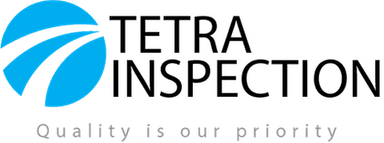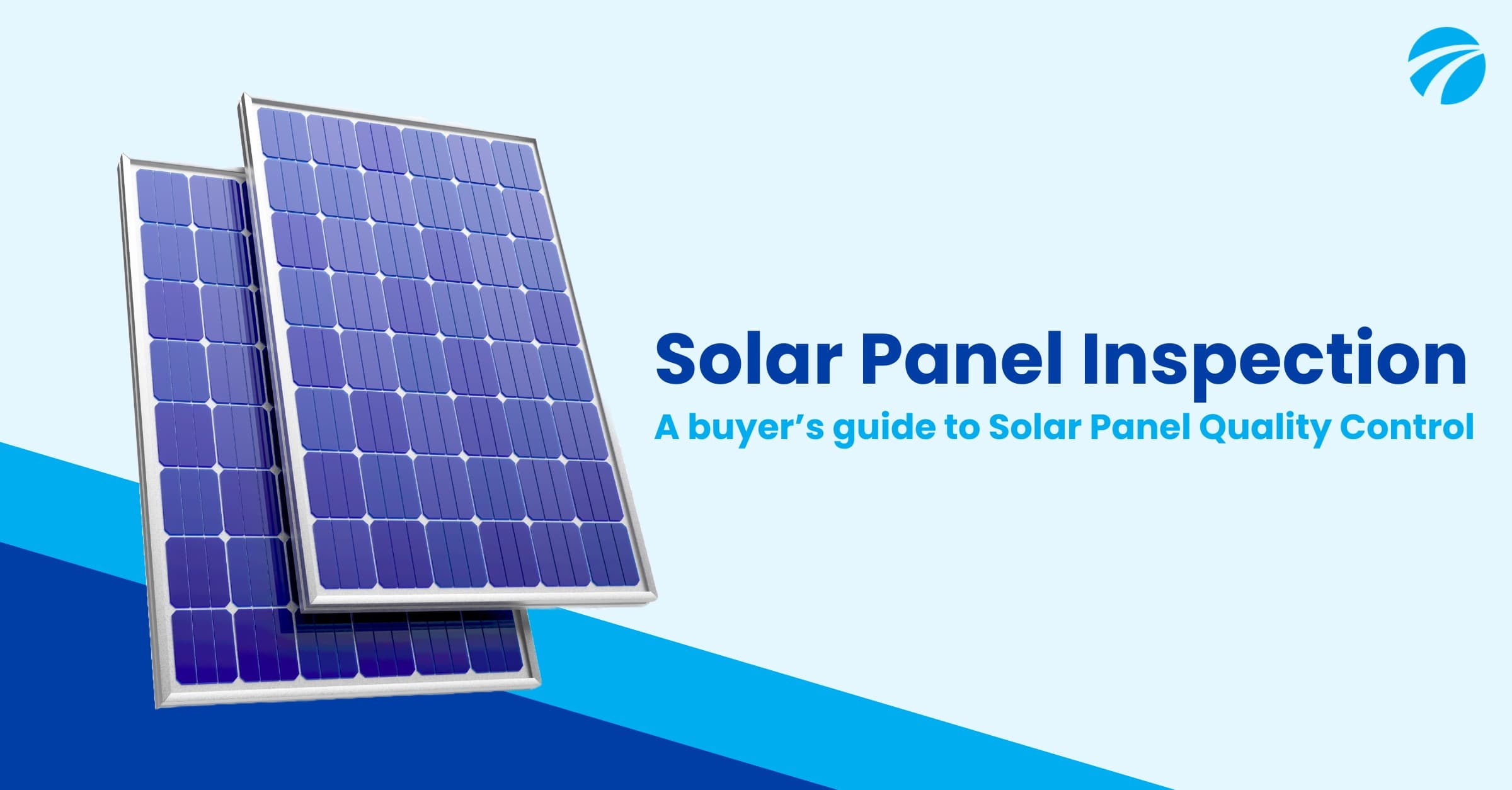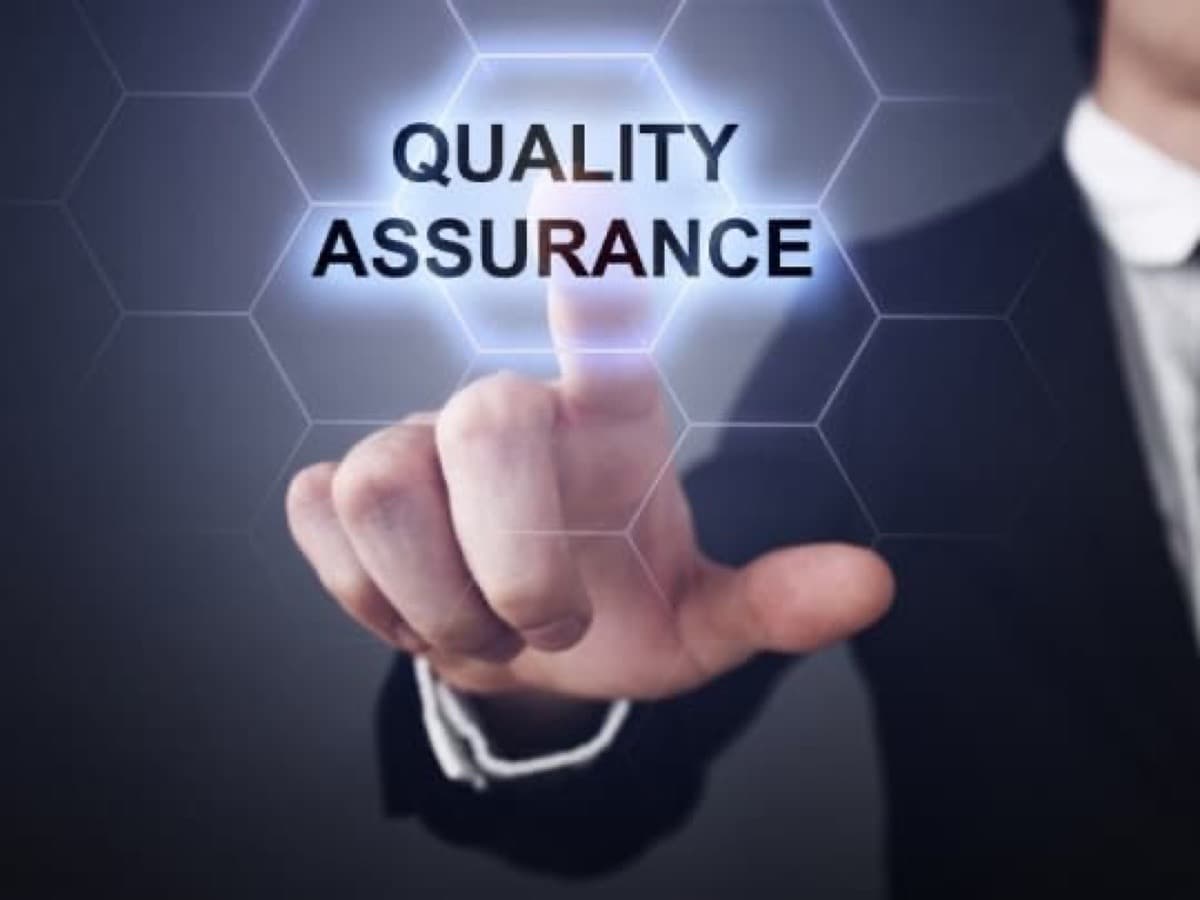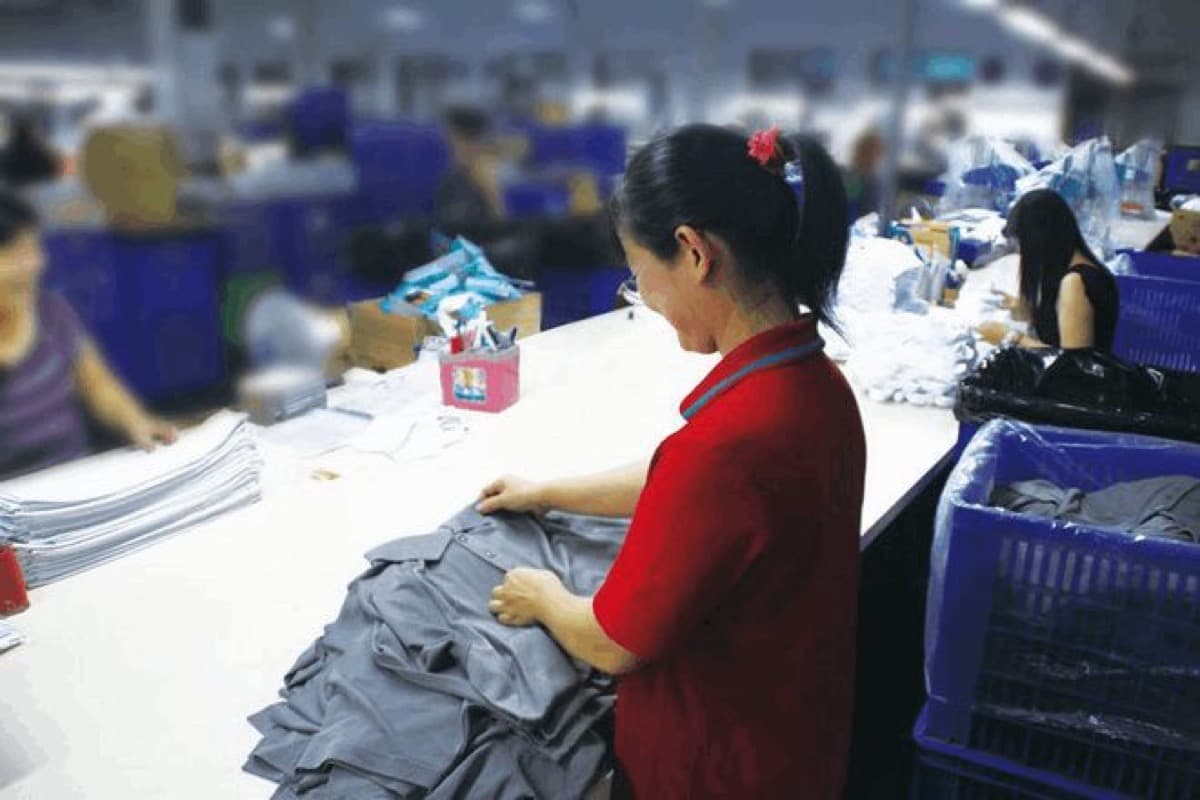Solar panels have revolutionized the way we harness energy from the sun, providing a clean and sustainable source of electricity.
However, the effectiveness of solar panels relies heavily on their quality and performance. In this article, we will explore the essential aspects of Solar Panel Inspection and Solar Panel quality control to ensure that solar panels meet the highest standards.
Why Quality Control is Vital in Solar Industry
The demand for clean energy solutions has propelled the solar industry towards innovation and growth. Quality control serves as the bedrock of this progress, safeguarding consumers, manufacturers, and the environment.
Here's why meticulous Solar Panel Inspection is paramount:
Maximizing Energy Efficiency
High-quality solar panels are engineered to capture and convert sunlight into electricity with optimal efficiency. Rigorous Quality Control inspections ensure that each panel operates at its full potential, maximizing energy generation for end-users.
Ensuring Durability and Longevity
Solar panels are long-term investments, often enduring harsh weather conditions and environmental factors. Quality control guarantees the durability of panels, ensuring they withstand years of exposure to sunlight, rain, and other elements without compromising performance.
Enhancing Safety Standards
Solar panels must adhere to stringent safety standards to prevent electrical hazards and ensure the well-being of consumers and installers. Thorough inspections confirm that panels are free from defects, minimizing the risk of electrical issues and accidents.
Common Solar Panel Defects
Solar panels are complex devices that must function flawlessly to harness the sun's energy efficiently. However, various defects can compromise their performance and longevity. Here are the top five common solar panel defects:
Micro-Cracks: These are like tiny cracks on the surface of solar cells, almost like hairline fractures. They might look small, but they're a big deal. These cracks can mess with how much energy your solar panel can make. Think of them as little roadblocks that can slow down the energy flow.
Water Ingress: Imagine your solar panel having a leak, just like a leaky roof. Water sneaks in, and that’s bad news. It can cause rust and mess up the insides of the panel. So, it's like having a hole in your bucket; the energy you’re supposed to save just leaks away.
Mismatched Cells: Solar panels are made of lots of tiny cells, and each cell should work together perfectly. But sometimes, some cells aren’t as efficient as others. It’s like having a team where some players work hard, and some just sit around. The lazy ones slow down the entire team's performance.
Faulty Junction Boxes: These are like the control centers of solar panels. They manage the electricity flow. If they are faulty, it’s like having a traffic jam where the cars (or in this case, energy) can’t move smoothly. This slows down the energy production process.
Frame Damage: The frame of a solar panel is like its backbone. If it’s bent or damaged, the whole panel becomes weak. It's similar to having a broken leg – you can't move as well, and you're not as strong. Frame damage weakens the panel’s structure and can lead to more significant issues.
Solar Panel Quality Control Process
The solar panels quality control process is crucial to ensure that these devices deliver optimal performance, longevity, and safety. Let's break down the key steps in the solar panel quality control process:
Visual Inspection: Our Inspectors thoroughly check each solar panel for any visible defects, such as scratches, dents, or blemishes. The panel's overall appearance and cleanliness are assessed to guarantee that it meets the desired standards.
Electrical Performance Testing: This step involves rigorous testing of the solar panel's power output, voltage, and current. Ensuring that the panel operates within specified parameters is vital for its efficiency.
Weather Resistance Testing: Solar panels are subjected to simulated weather conditions to assess their durability. This testing helps ensure the panels can withstand harsh climates and environmental factors without compromising their performance.
Material Quality Check: During the Initial Production Inspection, our inspectors scrutinize the quality of materials used in the panel, including the frame, junction box, cables, and other components. High-quality materials are essential for the panel's durability and efficiency.
Micro-Crack Inspection: Tiny cracks on solar cells, known as micro-cracks, can impact a panel's energy production. These are examined closely to ensure that they do not affect the panel's performance.
Junction Box Testing: The integrity of the junction box is essential to prevent electrical issues. It's inspected for any defects or imperfections that could compromise the panel's performance.
Weight Verification: The panel's weight is cross-verified to ensure it meets the specified standards. Deviations in weight can affect both the quality and perceived value of the panel.
Dimension Check: Precise dimensions are crucial to ensure the panel's compatibility with mounting systems and overall structural integrity.
Packaging Inspection: Inspectors performs packaging inspection to ensure that its secure and protective. Proper packaging is essential to prevent damage during transportation and ensure panels arrive in good condition.
Compliance with Safety Standards: Solar panels must meet strict safety standards to prevent electrical hazards. Inspectors ensure that the panels adhere to these standards, making them safe for consumers and installers
Applicable Quality Standards for Solar Panels
Several quality standards are applicable to solar panels, with some being more crucial and widely recognized than others. Below are key solar panel quality standards, indicating their mandatory status and the applicable requirements to specific markets:
International Electrotechnical Commission (IEC) Standards:
Mandatory: Yes, in many markets.
Applicable Markets: These standards are globally recognized and widely adopted. They are often required for solar panels to be sold in international markets. For example, IEC 61215 and IEC 61730 standards cover the design qualification and type approval of crystalline and thin-film modules, respectively.
Photovoltaic Module Quality Testing (PVEL) Standards:
Mandatory: Not mandatory, but widely recognized.
Applicable Markets: PVEL conducts independent testing and publishes results that many solar panel manufacturers voluntarily adhere to. While not mandatory, adherence to these standards demonstrates a commitment to transparency and quality.
International Organization for Standardization (ISO) Standards:
Mandatory: Depends on the market and specific standards.
Applicable Markets: ISO standards, such as ISO 9001 for quality management systems, can be applied globally and may be mandatory in some markets. Adherence to ISO standards signals a commitment to quality control.
European Union (EU) Standards:
Mandatory: Yes, for panels sold in the European Union.
Applicable Markets: EU standards are obligatory for solar panels marketed in the European Union. These standards ensure compliance with safety, performance, and environmental regulations, as outlined in the CE (Conformité Européene) marking.
Tetra Inspection’s Expertise in Solar Panel Inspection
Tetra Inspection is trusted globally for comprehensive solar panel inspections. Our experienced team conducts rigorous quality assessments, ensuring that your solar panels meet the highest industry standards and comply with your specific requirements. With our expertise, you can confidently deliver reliable and compliant solar products to your end customers.
Contact us today to learn more.
Tetra Inspection
Quality control experts at Tetra Inspection, helping businesses protect their supply chains with reliable inspection services across 45+ countries worldwide.
Need Help With This?
Our inspectors handle this across 45+ countries with 48-hour scheduling.
Get Inspection Insights
Monthly quality tips and industry data.




